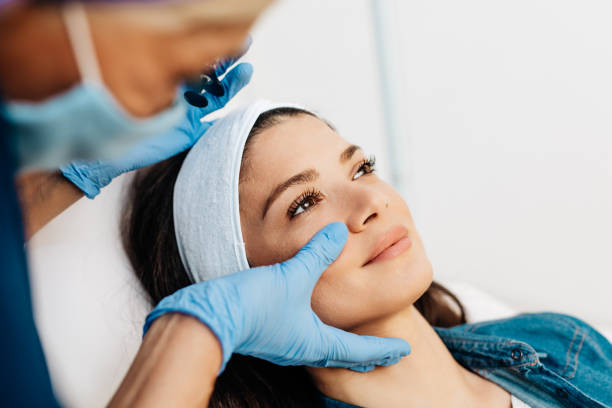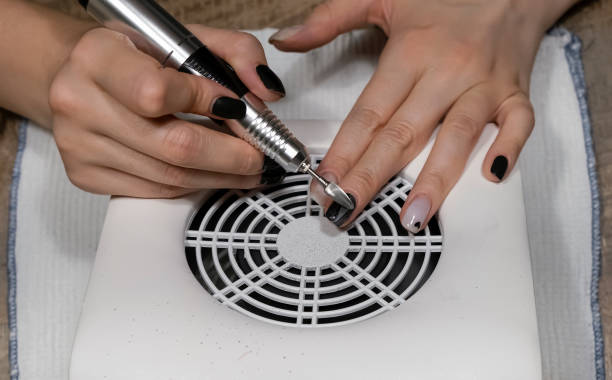Last year, I bought what I thought was a great deal on vitamin C serum online, only to receive a product that smelled weird and irritated my skin. Turns out, it was either expired or counterfeit – a lesson that cost me both money and several weeks of skin recovery. Learning how to buy skin care products online safely has become crucial as more of us shop digitally for beauty products. Consumer protection agencies report that counterfeit skincare products online have increased by 47% since 2020, with 23% of online skincare purchases involving expired or improperly stored products that can actually damage skin health.
Contents
Verifying Seller Authenticity and Reputation
Before buying anything, I now spend at least 10 minutes researching the seller. Authorized retailers display official brand partnerships and certifications prominently. Major brands like CeraVe, Neutrogena, and The Ordinary maintain lists of authorized online retailers on their websites.
Check how long the seller has been in business and read recent reviews, not just the star ratings. I look for reviews that mention product packaging, expiration dates, and whether items arrived as expected. Red flags include mostly five-star reviews posted within short time periods or reviews that seem generic.
Third-party marketplaces like Amazon require extra caution. Even when products are labeled as “sold by Brand Name,” counterfeiters often use similar names like “Brand-Name Official” or “Brand Name Store.” Always click on the seller name to verify it matches exactly with official brand accounts.
For prescription-strength products like tretinoin or hydroquinone, only buy from licensed pharmacies that require prescriptions. These products sold without prescriptions online are likely counterfeit or dangerous.
Reading Product Information and Ingredients Lists
Here’s something that saved me from several bad purchases – always read the full ingredient list, not just the highlighted active ingredients. Product descriptions can be misleading, but ingredient lists are usually accurate because they’re legally required.
Look for INCI names (International Nomenclature of Cosmetic Ingredients) rather than marketing names. For example, vitamin C might be listed as L-ascorbic acid, magnesium ascorbyl phosphate, or sodium ascorbyl phosphate – each works differently and suits different skin types.
Pay attention to ingredient order too. Ingredients are listed by concentration, so if the active ingredient you want is near the end of the list, there’s probably not enough to be effective.
I also check expiration dates in product photos when possible. Skincare products typically last 12-36 months unopened, but vitamin C, retinoids, and sunscreens degrade faster. If no expiration date is visible, that’s often a red flag.
Understanding Return Policies and Customer Service
Even with careful research, sometimes products don’t work for your skin. Before purchasing, I always check the return policy details. Reputable skincare retailers understand that skin reactions happen and offer reasonable return windows.
Look for sellers that accept returns on opened products if you have adverse reactions. Many legitimate retailers offer 30-60 day return periods for skincare, even after opening, because they stand behind product quality.
Test their customer service responsiveness before placing large orders. Send a simple question about product suitability or shipping times. How quickly and helpfully they respond tells you a lot about how they’ll handle problems.
Some retailers offer virtual consultations or chat support with licensed estheticians. These services indicate a commitment to proper product selection rather than just making sales.
Checking Product Storage and Shipping Conditions
Temperature-sensitive products like vitamin C serums, retinoids, and some peptide treatments can be damaged during shipping or storage. I learned this when several expensive serums arrived warm and had changed color.
Look for retailers that specify temperature-controlled storage and shipping methods. Some use insulated packaging or cold packs for sensitive products. This information is usually mentioned in product descriptions or shipping policies.
Avoid buying temperature-sensitive products during extreme weather unless the retailer guarantees proper handling. I’ve made this mistake during summer heat waves and received products that were essentially ruined.
Check shipping times too. Products sitting in warehouses or transit for weeks, especially in poor conditions, can degrade before reaching you.
Price Comparison and Deal Verification
If a price seems too good to be true, it usually is. I compare prices across multiple authorized retailers to get a baseline. Legitimate sales typically offer 10-30% discounts, while fake products are often marked down 50% or more.
Subscribe to brand newsletters and follow official social media accounts to learn about genuine sales and promotions. This way, you’ll know when good deals are legitimate.
Be especially careful with expensive products like La Mer, Skinceuticals, or medical-grade brands. These rarely go on steep discount except during official brand promotions.




